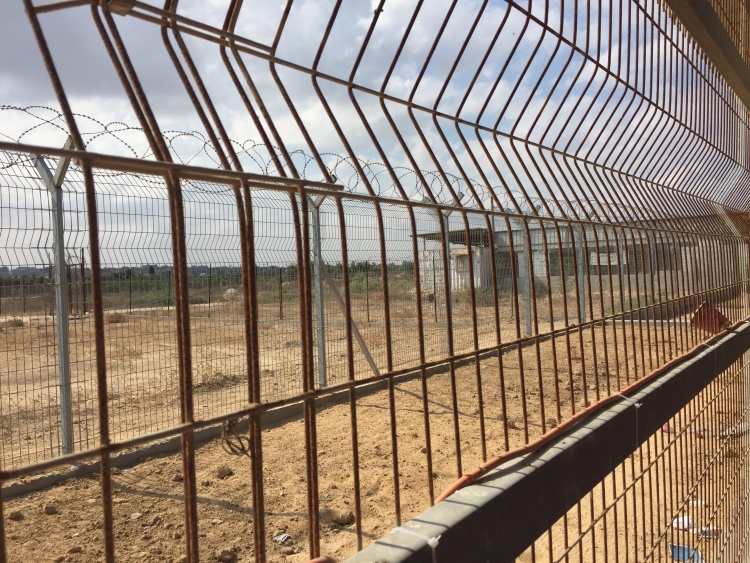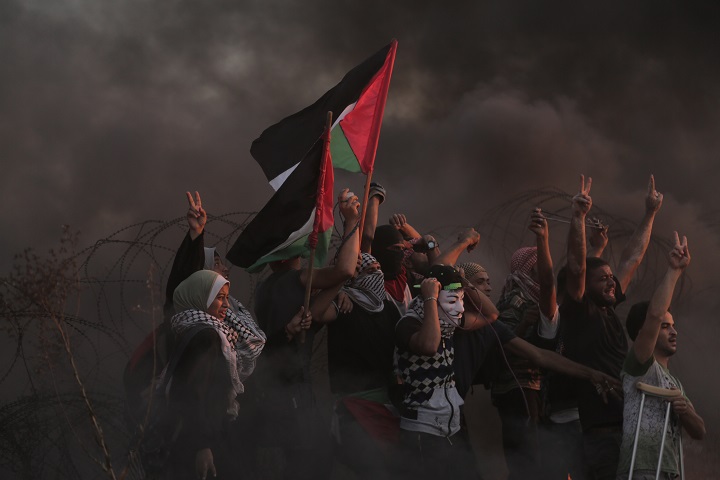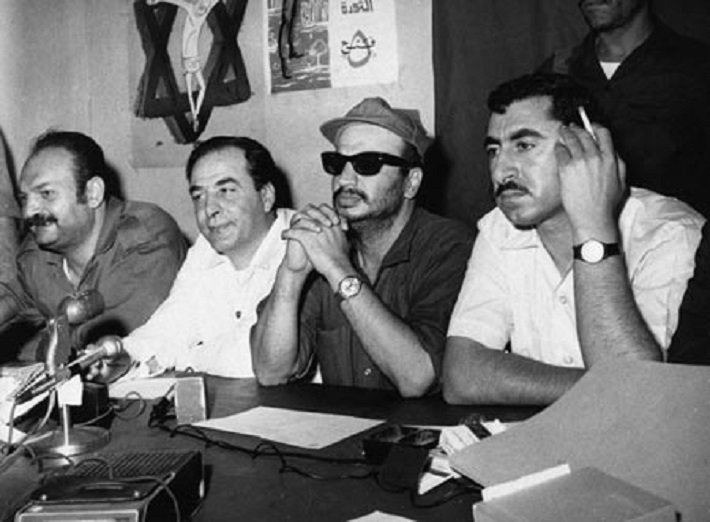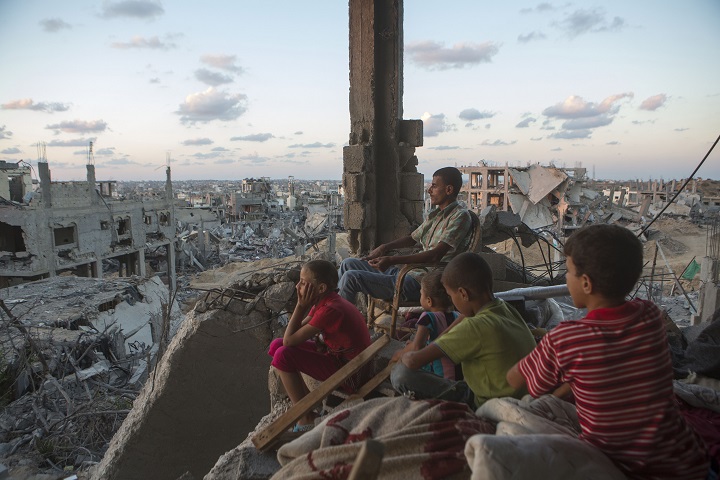
Disclaimer: This piece represents the views of the author and not necessarily the views of AFSC as an organization.
This month a European court has removed the name of Hamas from the list of “terrorist organizations”. It is time we worked to see the U.S. do the same. This, however, requires bold steps by peace activists in Israel and the United States.
One reason why the world has tolerated the unconscionable siege of Gaza, as well as the continued attacks on its civilian population and the tremendous casualties to unarmed civilian protestors in the weekly March of Return by Israeli snipers is the “terrorist” labeling of Hamas, the political power in control of Gaza. Under current U.S. laws, Hamas is labeled a terrorist organization, and any contact - direct or indirect - with them, as well as the offering of any “material assistance” to them, would be a criminal act. This means that even humanitarian assistance to the people of Gaza is heavily scrutinized, and any attempts to engage with Hamas on the issues of peace and ending the conflict would be questionable, if not outright illegal.

These legal restrictions are compounded by a systematic demonization of Hamas, as well as extending the label of “terrorist” to all the population of Gaza. The frequent exchanges between their forces and Israel are not seen as tit for tat (more like 1000 tits (bombs) on Israel’s part for each tat (missile) from Gaza) but as further terrorism by Hamas and justified reprisal and responses by Israeli forces. Even blatant acts of collective punishment against the entire population of Gaza are justified as collateral damage in the war between Hamas and Israel, rather than attacks on the unarmed civilian population there.
A similar situation had existed in the past with respect to the Palestine Liberation Organization (PLO). The PLO was also considered a terrorist organization by both Israel and the U.S., yet individuals concerned with peace and putting an end to the conflict were convinced that peace cannot come without engaging directly with the PLO. Brave individuals risked their careers (think Andrew Young, U.S. representative at the UN), reputations, and even imprisonment in acts of civil disobedience as they sought to dialogue with PLO representatives. Others, including Israelis, urged their government to begin talks with the PLO, arguing that one makes peace with one’s enemies, not one’s friends. Others counseled and guided the PLO leadership to abandon the paradigm of armed struggle and seek peaceful methods in their fight for freedom. They also shepherded the process by which the PLO leadership gradually changed its positions, amended its Charter, and accepted the U.S. and international community’s conditions for talks to begin in earnest.

These efforts finally bore fruit as negotiations were eventually started, and led to the famous handshake between Yasser Arafat and Yitzhak Rabin on the White House lawn on the occasion of the Oslo Accords in 1993. The fact that subsequent negotiations failed to achieve a genuine solution does not detract from the Herculean efforts of those who counseled discourse and negotiations rather than violent attacks as the language of dialogue between sworn enemies.
I believe it is time for peace activists to consider a similar effort to end the demonization of Hamas, bring it into the political process and begin the long road to peace and freedom.
To be sure, the situation is now different, and in many ways much harder. The isolation and demonization of Hamas is far worse, and it is not helped by the split between Fatah and Hamas, which meant that the Palestinian Authority, and a segment of the Palestinian people were active or passive participants in the process of isolation, if not demonization of Hamas. Furthermore, the post-9/11 international system of “combating terrorism” and tracking all money and support going to those labeled “terrorist” is different from the situation when the PLO was recognized by most of the countries of the world as the true representative of the Palestinian people, and the U.S. and Israel were quite isolated in demonizing it. Furthermore, the geographic isolation of Gaza, with its small space and dense population, and the contentious relationship between Hamas and some of the Arab regimes, including Egypt, makes the isolation so much more painful. Yet the basic dynamics are the same, and the suffering is mostly felt by the civilian population, not Hamas leadership.

I believe the time has come for those interested in a peaceful resolution of the conflict to step up and launch a serious campaign to engage Hamas directly and begin a conversation on the conditions and process by which Palestine and Israel can move towards a peaceful solution. There is much that Hamas has to do, and to declare and to change, but we have already seen many signs of its willingness to change its positions and to accept compromises that ran against its traditional dogma. It has stated its willingness to enter into a long term cessation of hostilities: (hudna: truce), to accept the two-state solution, and to agree to the Arab peace plan (which includes recognition of Israel within the 1967 borders).
I am neither a representative of nor an apologist for Hamas, with whom I have serious differences. But on the issue of the need to negotiate with them and urge them towards a nonviolent path, I make no apology.